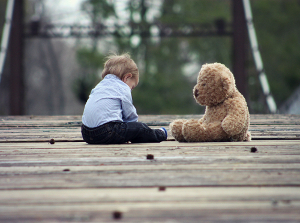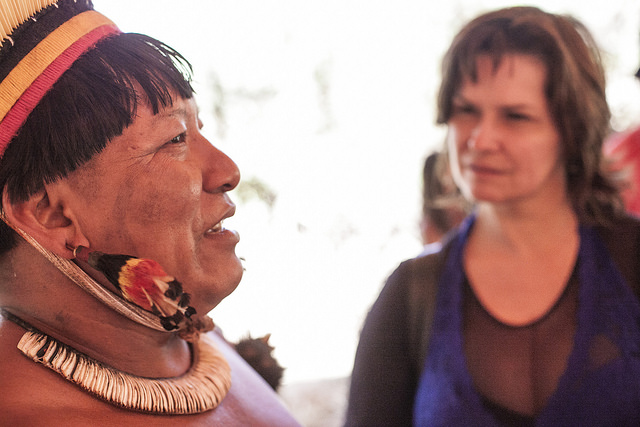Pamela Barone (a,b), Guido Corradi (b,c) y Antoni Gomila (a,b)
(a) Dept. de Psicología, Universidad de las Islas Baleares, España
(b) Grupo de Evolución y Cognición Humana (EvoCog), UIB, IFISC, Unidad asociada a CSIC, España
(c) Dept. de Psicología, Facultad de Educación y Salud, Universidad Camilo José Cela, España

(dp) Pixabay.
Children’s capacity to understand other people’s false beliefs is commonly tested in tasks in which children must predict the behavior of a person who has wrong information about an event. The results of new, non-verbal false belief tasks have led several researchers to conclude that false belief attribution appears during the second year of life. However, the available evidence is still inconclusive. In the present article, we show the findings of the first meta-analysis of all non-verbal false belief tasks. Results indicate that 2-year-old children might attribute false beliefs, but they also reveal a high heterogeneity in the effects and possible publication biases.


